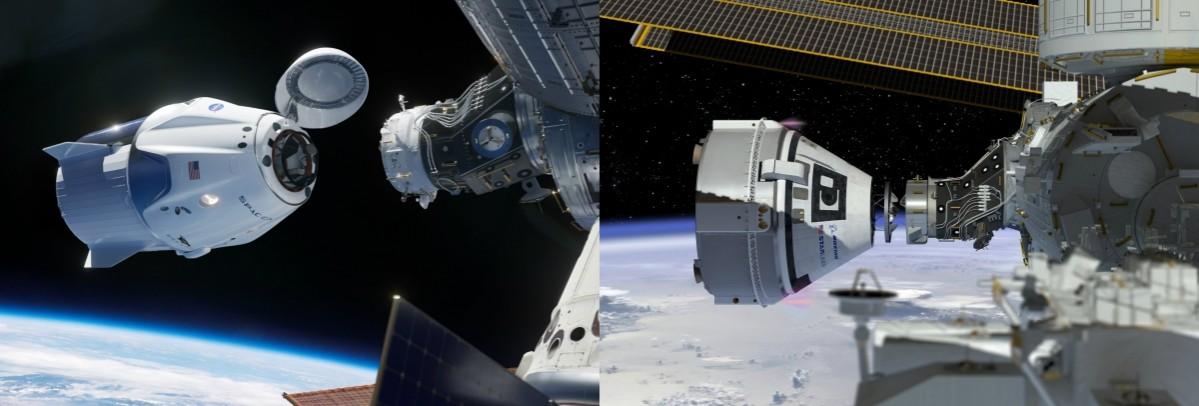
Ever since NASA has begun a new era in spaceflight by joining hands with private entities such as SpaceX and Boeing, the American space agency is keeping the safety of space missions on forefront, especially with the future Mars mission on the cards.
The two private space firms are currently planning a trip to Earth's low orbit and back within a reasonable budget. The test flights will include crew members as well. While SpaceX has named it Demo-1, Boeing is calling it Orbital Flight Test. Of course, both the private companies have upped the game in terms of technology to keep the flights safe.
Although NASA didn't ask for an uncrewed flight test, both these firms will still be sending off such spacecraft to the ISS anyway, because one can never be too sure that nothing will happen at a place that is 1,200 miles beyond the atmosphere of Earth. The companies will obtain information from these test flights. Better be safe than sorry; isn't it?
"This was above and beyond the NASA requirement in the contract. Both partners said they really wanted to have an uncrewed flight test to make sure the integrated rockets, spacecraft and re-entry systems are all working as designed to be able to ensure the integrated system is functioning," stated Kathy Lueders, the manager of NASA Kennedy Commercial Crew Program.
Currently, the space agency is assigning the astronauts, who will become the crew members for the test missions. This mission is also significant because joining hands with private entities will also mark another huge leap for NASA.
"Safely and reliably flying commercial crew missions for NASA remains the highest priority for SpaceX. We look forward to launching Crew Dragon—designed to be one of the safest, most-advanced human spaceflight systems ever built," the director of SpaceX's Crew Mission Management Benji Reed stated.
As per the reports, SpaceX's Demo-1 or the first Crew Dragon demo mission is expected to take off from Earth by the end of November this year and Demo-2 is expected to be launched by April next year. Elon Musk's company is slated to launch these spacecraft aboard its famous and very own Falcon 9 rockets.
The launches are supposed to take place at NASA's Kennedy Space Center's complex 39A in Florida. On the other hand, Boeing is slated to send off its CST-100 Starliner from Florida's Cape Canaveral Air Force Base and a United Launch Alliance Atlas V rocket is expected to carry it to its destination.
"NASA is empowering private industry to gain solid footing in low-Earth orbit, which will allow NASA to explore new frontiers in deep space," stated one Jon Cowart, the acting deputy manager of the Commercial Crew Program's Mission Management and Integration at the Kennedy Space Center.













